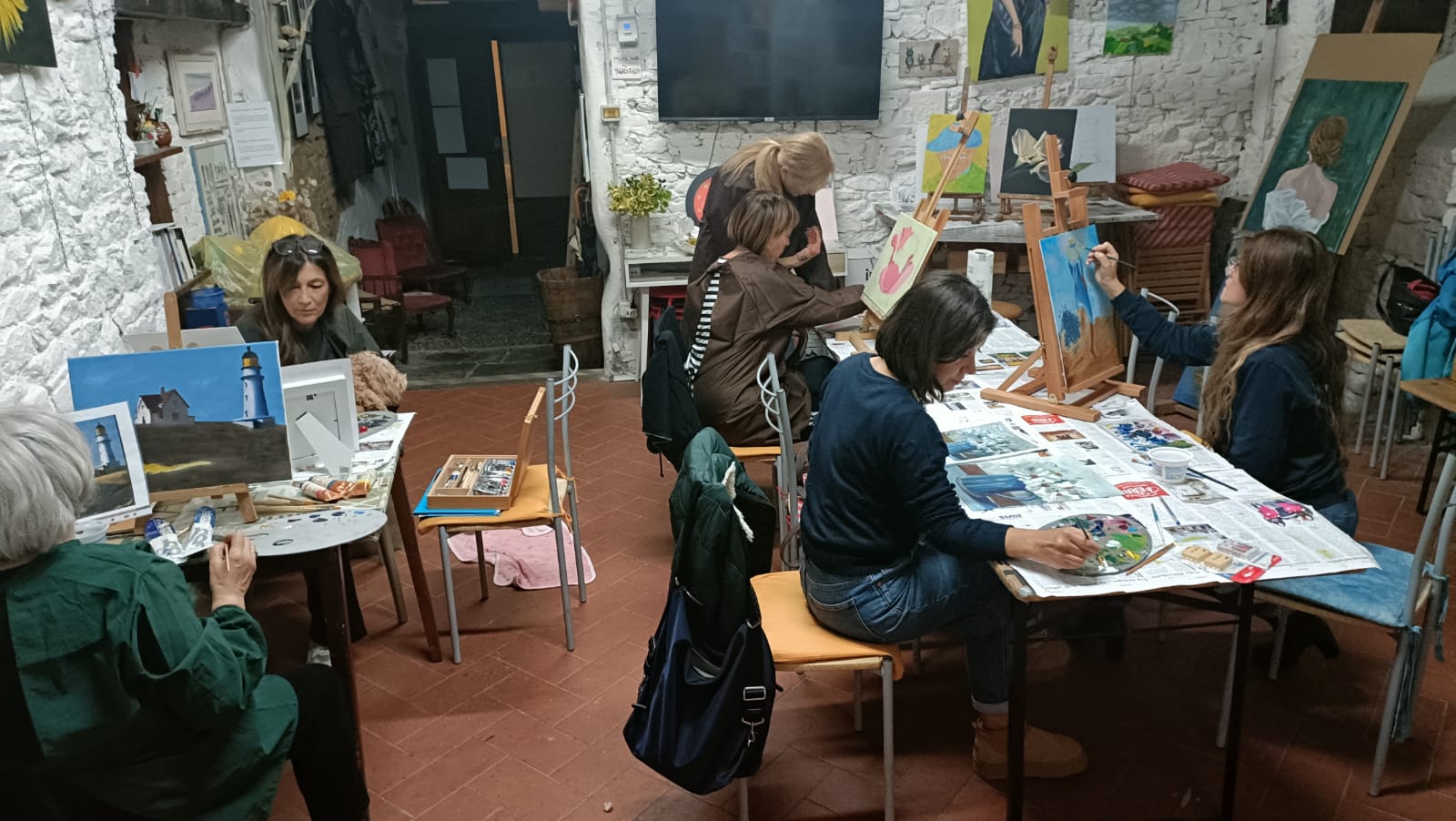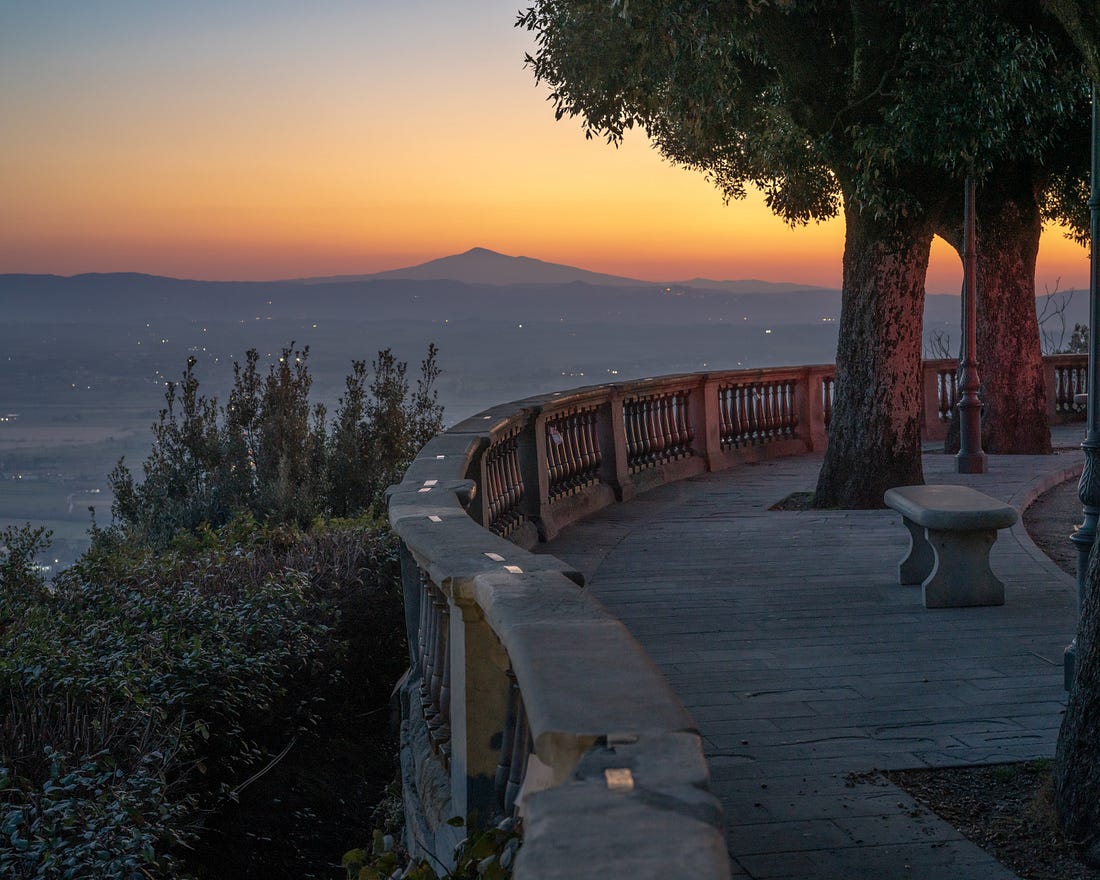As the third session of the Intergovernmental Negotiating Committee (INC-3) was taking place in Nairobi, Kenya (Nov. 13-19th 2023) - in order to discuss and develop an international legally binding instrument on plastic pollution, including the marine environment - Bahari Moja, a community-based organization focusing on marine pollution, was hard at work.
Some fifty women and youth chatted excitedly as the boats pulled out of Mkokoni village at dawn in the direction of the sea turtle nesting beaches of Mongo Sharif. Arrangements had been made with Kiunga National Marine Reserve and Kenya Wildlife Service for the boats to disembark so that following a breakfast of masala tea, chapati and madafu the volunteers could get started.
Divided into two groups – shoe/flipflop collectors and ‘other plastics’ collectors – and armed with sacks, we spent 3 hours under the blistering sun picking up tonnes and tonnes of plastic.
One beach was pretty well cleared, while the other was relentless. We left it in a much better state than we found it, with surely better access for the turtles to lay their eggs, but the amount of plastic swirling around the ocean is of increasing concern.
Locals lament the days when the seas were full of fish, safeguarding not only their livelihoods but also their way of life, and worry for future generations. While chatting with various volunteers, they shared their fears and called upon the Treaty negotiators to find solutions that can be enforced. These entail prioritizing upstream solutions to stem the flow of plastic waste; reducing plastic production and moving away from unrecyclable single-use plastic items; ensuring solutions are equitable and locally appropriate, and prioritizing vulnerable communities; enforcing Kenya’s single-use plastic bans and encouraging similar regulation by other countries; holding plastic polluting companies and operations responsible; detoxifying plastics to protect human health and biodiversity; promoting regulation on the management of old, discarded fishing gear (in which turtles, among other species, get entangled).

Following the clean up, we quickly compiled our photos, quotes and minute-long video clip to supply Fauna and Flora with live footage to air during the conference and feed their twitter stream.
Familiar to most global negotiations, the treaty was plagued with disagreements over wording and punctuation, weakening clauses so as to protect interests. Kenya, Canada and the European Union insisted on limiting plastic pollution, while major oil-producing countries, led by Saudi Arabia, Iran and Russia, and major plastic producers like the United States and China worked hard to thwart the birth of the plastics treaty, with the latter threatening to withdraw from the talks. In fact, it was reported that deliberations of what to be added or redacted from the zero-draft were so heated that Russia and the US were aligned in safeguarding their interests, although inside info. did mention that the US attempted to revive discussions in face of a zero-result, but was defeated.
Ayub Macharia, director in enforcement at the National Environmental Management Authority and Kenya’s head of delegation at the negotiations said that Kenya’s main demand was to make those who manufacture plastics and polluters to pay for the pollution. While a global treaty and international law expert, Magnus Levol, said that “for too long, ambitious countries have failed to face up to the reality that a meaningful treaty on plastic pollution cannot be achieved as long as the least ambitious countries are allowed to control the pace of the process”. Let’s hope that INC-4 and 5 slated for next year have more success.
Meanwhile, Bahari Moja pushes on, as small, remote communities remain ambitious, having, as usual, more at stake than the perpetuators. A solar-powered three-phase shredder has just been donated to Bahari Moja, which will reduce transportation costs that are charged by volume. Plastic items will be sorted into HDPE (high density polyethylene), PP (polypropylene) and by colour before shredding so as to be more appealing to the markets making furniture, planks for boats and construction materials. Flipflops remain the biggest curse, washing up onto the coastline with the southern monsoon which brings them, along with endless other litter, from Indonesia and southern-east Africa, alternating with the north-eastern monsoon which carries the same from India, Pakistan and the Horn of Africa.

Needless to say, to tackle this huge global disaster a combination of approaches are needed including governmental regulation, industrial (re)action, societal responses and consumer behavior. While beach clean ups are a ‘down stream solution’, a recent Norwegian study (take3.org/its-a-fact-beach-cleans-ups-matter; Oct 31st 2023) supports them as they dramatically reduce the amount of microplastics in the environment. It is believed that the high levels of UV light and warm temperatures lead the plastic to disintegrate more quickly, an assumption supported by our findings on Mongo Sharif where plastic bottles often crumbled as we picked them up. These tiny micro/nano pieces of plastic are in turn ingested by turtles, fish, sea birds and other species, feeding the cycle of pollution.










